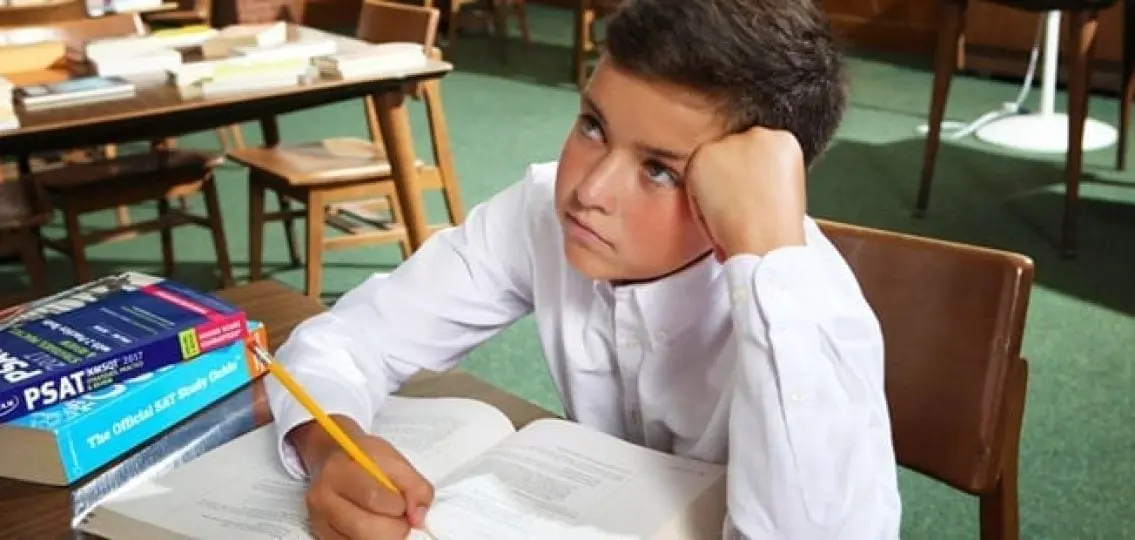Dear Your Teen:
Our 8th grade son seems to have given up on school work. He isn’t doing any of his school assignments and studying for tests. As a result, his grades are suffering immensely. He believes school is a waste of his time. We keep explaining that he’s developing skills.

It breaks our hearts to hear him say he is not smart enough. Apparently he has a lack of self esteem too. He’s a wonderful kid—smart, trustworthy, funny, and kind. This struggle started in the beginning middle school, but this year has been worse. We have been to parent-teacher conferences where his teachers seem frustrated too.
We no longer know where to turn for help motivating our son and getting him to believe in himself. Thank you in advance for any advice you’re able to give for how to help underachieving students.
EXPERT | Katie M. DiNardo
It sounds like your son has adopted a fixed mindset (“I can’t”) instead of a growth mindset (“I can’t, yet”) This concept comes from the work of psychologist Carol Dweck and her groundbreaking book, Mindset: The New Psychology of Success.
Here’s a quick overview:
Fixed Mindset
A student with a fixed mindset believes his abilities are set and cannot be changed (“I am not smart”). When that student encounters material he does not readily comprehend, it reinforces (for that student) the idea that he is not smart and he simply gives up. This can lead to underachievement at school.
Growth Mindset
By comparison, a student with a growth mindset believes that by making an effort, he can learn the material. There are steps parents can take to help cultivate a growth mindset in their teenaegrs. In addition to Dweck’s book, two others that can help are The Grit Guide for Teens: A Workbook to Help You Build Perseverance, Self-Control, and a Growth Mindset by Caren Baruch-Feldman PhD and Mindsets for Parents: Strategies to Encourage Growth Mindsets in Kids by Margaret Lee & Mary Cay Ricci
Oftentimes, adolescents who have experienced multiple setbacks in their academics can find it hard to stay motivated.
In fact, they find it difficult to believe in their possible successes—sometimes referred to as a self-fulfilling prophecy. So how do you help underachieving students? Start with a therapist who is well trained in Cognitive Behavioral Therapy (CBT). This is a great place to start with your son. CBT can create strategies for underachieving students. They can help to challenge his negative thoughts about himself and learn to create new patterns of thinking and doing.
Overall, I recommend finding an individual therapist to help your son. He needs some assistance to identify distortions in his thinking and to adopt healthier cognitive patterns to make changes in his approach to learning. Reach out to your son’s school counselor to see what they have to offer in regards to emotional support in the school setting and reaching his academic goals.

Lastly, sometimes underachieving students can have undiagnosed learning issues. In order to rule out any learning differences, reach out to your son’s school or local partners who can provide a comprehensive learning evaluation. They can also assess for other neurological factors that may be contributing to his challenges with academics (e.g., ADHD).




